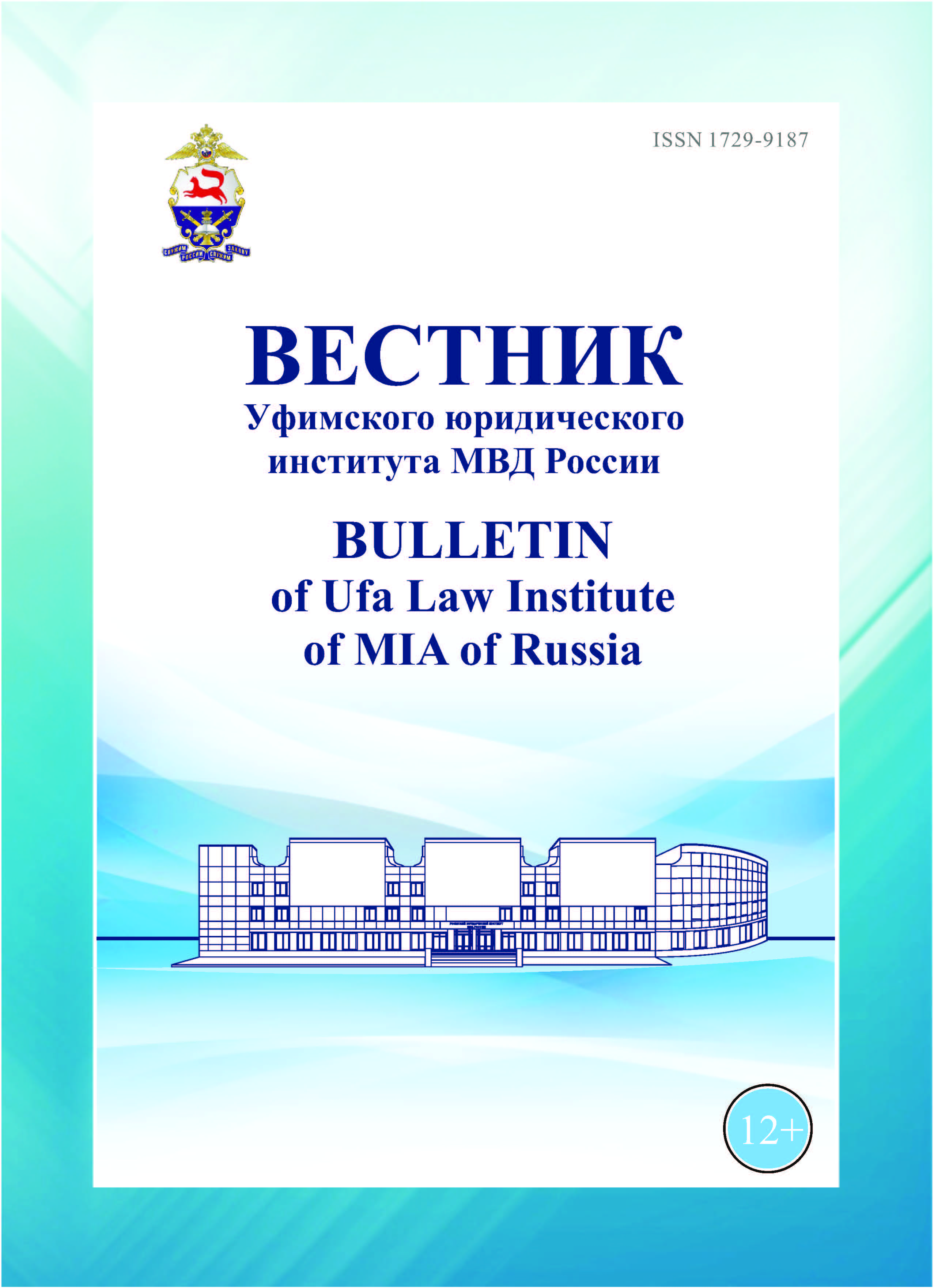Moscow, Russian Federation
Russian Federation
UDC 37.015.3
The article deals with the issue of relationship between a teacher and a conflict family in the prevention of pedagogical neglect of minors as a socio-psychological problem. The search for optimal methods of school work with parents, taking into account the specific features of each dysfunctional family has shown that of all the studied types of dysfunctional families the most common is the so-called “conflict family”. Among the researchers considering this problem, the works of V. M. Litvishkov [1], M. A. Alemaskin [2], V. K. Andrienko [3], L. M. Zlobin, I. A. Nevsky [3] and others are well known. The purpose of the study was to change and bring to the norm the state of the family environment in which the adolescent lives on the basis of the principles of the organization of communication and the principle of relationship development, as well as to change the position of the adolescent in the system of family relations with parents by means of solving the problem – combining the efforts of both parents to develop these interests. A common goal implies common plans, and this, in turn, involves common actions. Creating strong and stable ties between the educator and parents is the key to their further successful cooperation.
conflict family, deviant behavior, methods, psychological comfort, work methodology, family, teacher
1. Litvishkov V. M. Formation of an educational team of juvenile convicts: monograph. Moscow, 2024. 170 p. (In Russ.)
2. Alemaskin M. A. Psychological characteristics of the personality of juvenile offenders: dis. … Cand. of Ped. Moscow, 1968. 206 p. (In Russ.)
3. Andrienko V. K., Gerbeev Yu. V. Nevsky I. A. System of re-education of adolescents in a special school: scientific-methodological recommendations. Moscow, 1990. 275 p. (In Russ.)
4. Filonov L. B. Methodology of contact interaction. Moscow, 1989. 40 p. (In Russ.)
5. Vilkova A. V., Smorodinskova I. A. Methodological principles of penitentiary and pedagogical research // Anthropogogy. 2022. No. 5 (7). P. 21–25. (In Russ.)
6. Vilkova A. V., Fadeeva S. A. Diagnostics of personal growth of a juvenile convict // Scientific works of the Federal State Institution Research Institute of the Federal Penitentiary Service of Russia: scientific and practical quarterly publication. Moscow, 2023. P. 44–50. (In Russ.)
7. Vilkova A. V., Fadeeva S. A., Lukashenko D. V. Specifics of extracurricular work with juvenile convicts: regime aspects and organization // Bulletin of Ufa Law Institute of the Ministry of Internal Affairs of Russia. 2024. No. 1 (103). P. 169–178. (In Russ.)
8. Vilkova A. V., Fadeeva S. A., Lukashenko D. V. Structure and content of the extracurricular activity plan for juvenile convicts // Bulletin of Samara Law Institute. 2024. No. 1 (57). P. 93–100. (In Russ.)









